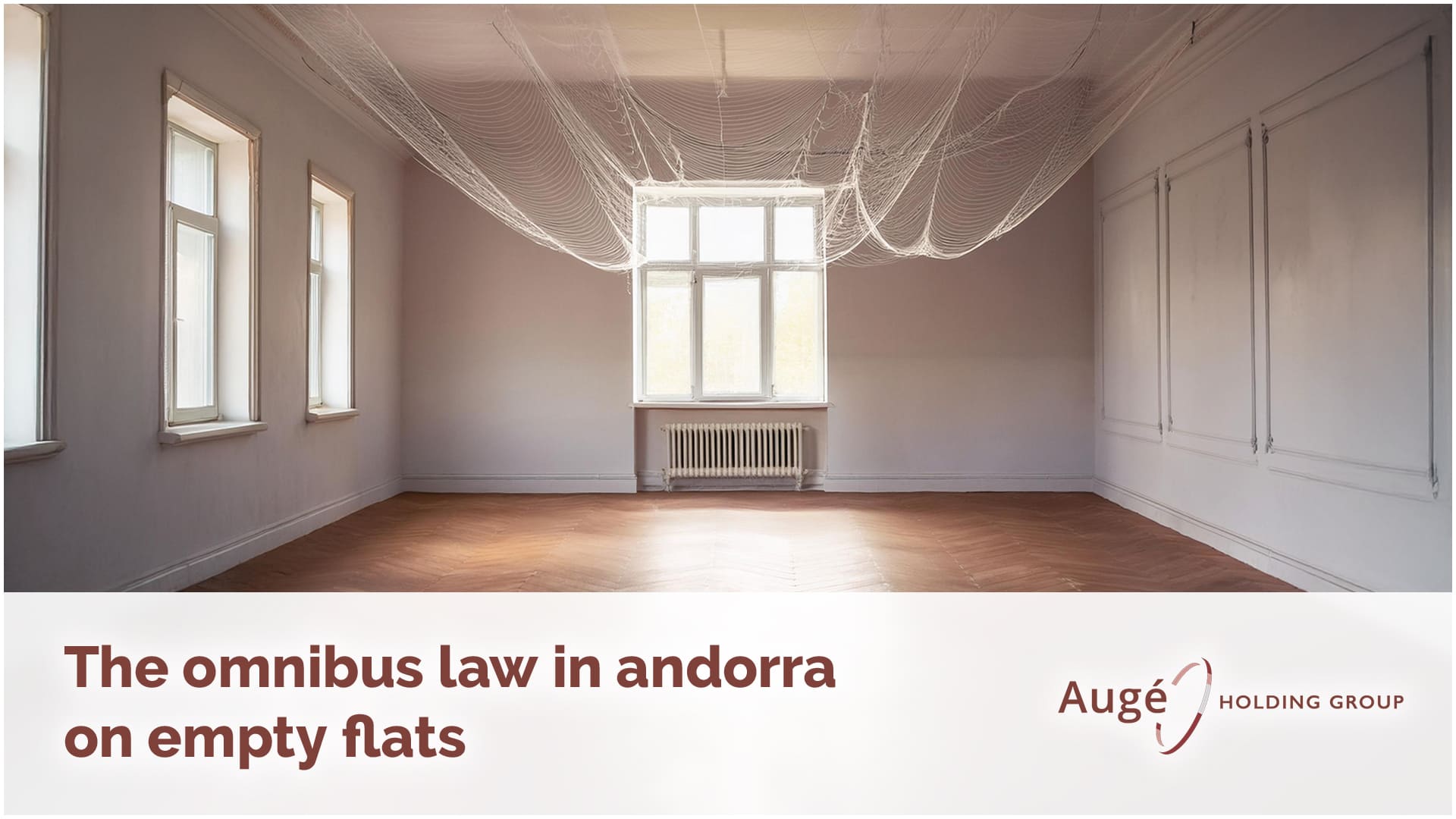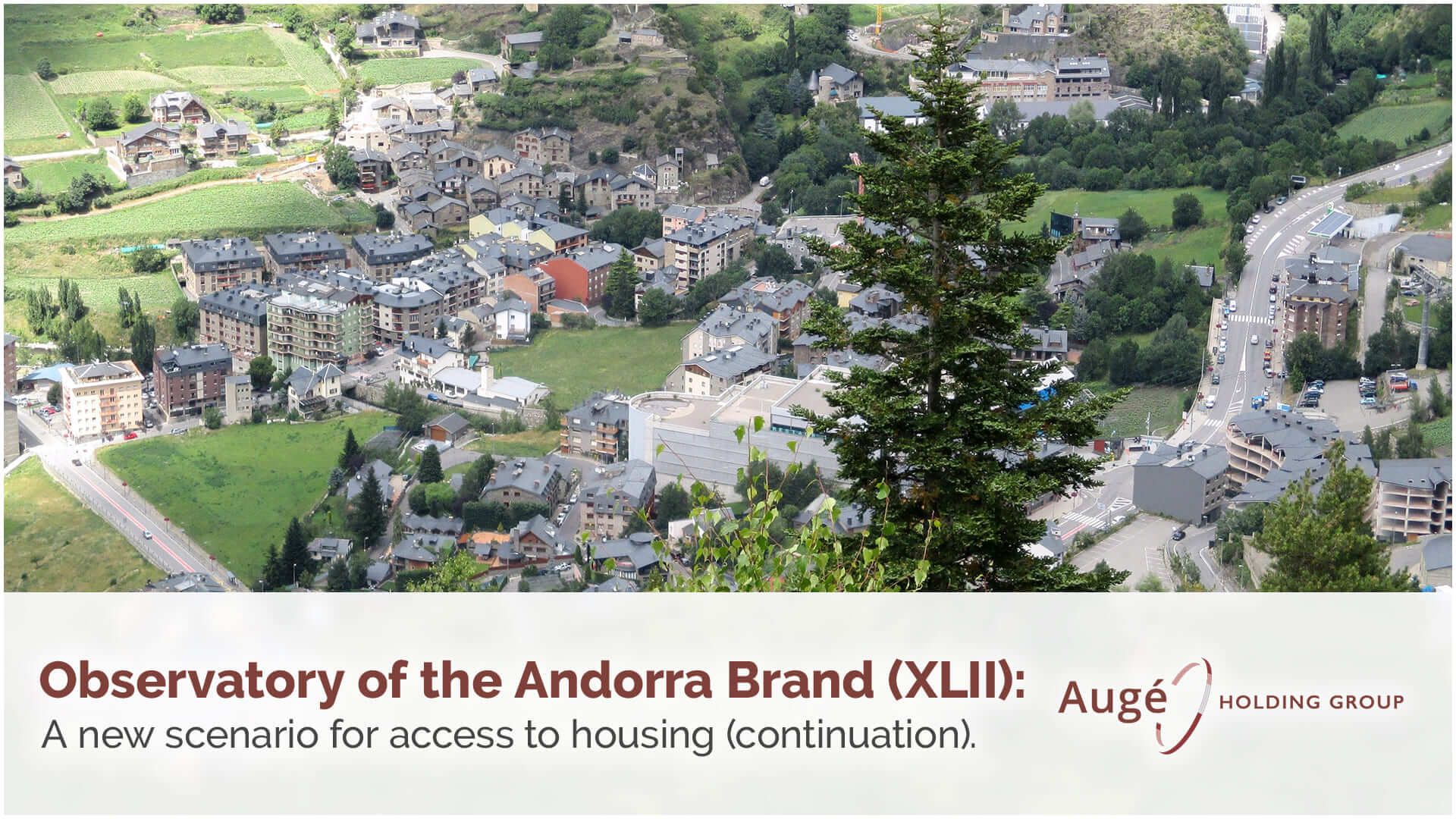Cryptocurrencies in Andorra: different business models
The cryptocurrency sector was revolutionised during the Covid-19 pandemic to such extent that the fluctuation value of the world’s most recognised cryptocurrency, Bitcoin, reached record highs of over €50,000. This reality responded, to a certain extent, to the entry of the technological and automotive giant TESLA as an investor in the aforementioned cryptocurrency, generating an unprecedented upward trend.
More and more investors, traders, service providers and others are settling in our country in order to take advantage of the incomparable benefits that Andorra offers to those who are holders of digital assets, including cryptocurrencies.
The Principality is mainly a destination for traders who are eminently dedicated to the purchase and sale of cryptocurrencies, generating resources thanks to the capital gains derived from their investments. Although there is a belief among part of the community that, for tax purposes, only capital gains that have materialised in the acquisition of a legal tender (FIAT) are taxed, this is not actually correct. The exchange or purchase and sale of cryptocurrencies, in the event of a capital gain, generates income that must be declared (if the investor is an individual) as a capital gain in the personal income tax savings base. These capital gains are taxed at a general marginal rate of 10% with €3,000 exempt (for companies, the general rate is also 10% for net income generated on cryptocurrency exchanges).
Of course, the tax margin in comparison to our neighbouring countries is very substantial insofar as France applies the “Flat Tax” of 30% on digital assets and in the Kingdom of Spain, since January 2021, the personal income taxation ranges between 19% and 26% depending on the net value of the capital gain. In addition, it should be noted that both jurisdictions tax the mere holding of cryptocurrencies through wealth tax (a tax that does not exist in the Principality of Andorra).
Although the installation in our country may seem only interesting for tax reasons, it is worth mentioning that Andorra enjoys one of the most outstanding internet coverage systems in the world, with fibre optics in 100% of its territory and up to 700Mbps in homes. Consequently, day trading and short term operations are fully guaranteed thanks to the instantaneousness provided by the network connection from our country. In terms of legal security, Andorra stands out for having entered the parliamentary process during the first half of 2021 for passing a bill on digital assets that will regulate and recognise blockchain technology in our jurisdiction, as well as the mechanisms for issuing crypto-assets, among other provisions.
However, it should not be forgotten that, although the country’s banking sector recognises this business model and allows liquidations into legal tender in banking institutions in the Principality, the traceability of transactions must be duly accredited and work with one of the “Exchanges” accepted by Andorran institutions (mainly Coinbase, Binance, Bitstamp and Kraken). Therefore, it is necessary to keep a meticulous control to certify all the operations carried out, as well as the net balance resulting thereof (a precaution that also helps to accurately control the capital gains to be declared to the tax authorities).
Although trading is currently the most widespread business model, we must not forget that, to a certain extent, this activity still implies mere wealth management and it’s not a commercial activity in its own right. However, there are several business models linked to cryptocurrencies that should be considered, for all intents and purposes, as commercial activities:
Cryptocurrency mining, which represents the exploration or analysis (using specialised hardware) of large amounts of data in order to discover patterns in order to decrypt them, allows the operators of the business to “receive” the mined or discovered cryptocurrencies in their “wallet” or digital wallet and then sell them and make a profit.
Training in crypto-asset investment is becoming more and more established, and there is a growing number of experienced traders who provide these services through capital companies dedicated to this training speciality.
In another case, the creation of mobile applications that use “tokens” as a payment mechanism for the experiences or own assets of digital content is another business model, less well known in Spain while well-established globally. In fact, the holding of tokens with certain functions within mobile applications does not prevent them from being supported by a “stable coin” or cryptocurrency of reference to curb their volatility, nor from being listed on Exchanges if they meet the requirements. Consequently, a physical person who invests in a trading company that owns a mobile application and receives “tokens” in exchange, which are convertible into another cryptocurrency (and therefore into FIAT), may at the same time be engaging in a commercial activity and exploit his own assets.
The issuance of new cryptocurrencies, which will be supported by the new regulations on digital assets in the Principality is another business model that is mainly based on the creation of a digital currency, going through a “pre-mining” process that allows developers to distribute a fixed amount of cryptocurrency to the initial group of investors or founding partners in order to be able to sell the currency to new investors later, through what is known as ICO (Initial Coin Offering), regardless of whether the currency initially has an outlet on a recognised exchange or convertibility to other cryptocurrencies with a high capitalisation value.
During 2020 and 2021, the business model linked to NFTs (Non-Fungible Tokens), which are non-fungible or unique digital assets stored in blockchain technology, has been booming. This gives the asset a certification of its uniqueness and authenticity, making it possible to create unrepeatable assets that, depending on their intangible value, can fluctuate on the market in the same way as other physical assets (such as works of art).
This fact allows all those public figures, content creators, artists or similar to develop particular assets that have a value that can fluctuate upwards at a speculative level, obtaining large profits from the sale of these assets.
All the business models described above can be developed in Andorra by means of an operating commercial company which is subject to a general corporate tax rate of 10%. For all of the above, and not only for tax reasons (legal security, understanding and acceptance of business models at banking level and high connectivity), Andorra is one of the most interesting countries for exploiting cryptocurrencies or developing business models linked to any type of crypto-asset.
Pau Augé
Augé Legal & Fiscal





